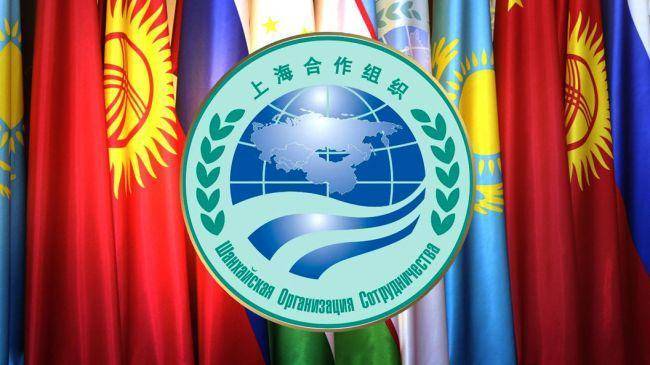From August 31 to September 1, all eyes will turn toward
Tianjin, China, as it hosts the 25th Summit of the Shanghai
Cooperation Organization (SCO). This landmark event, not only the
largest in SCO’s two-decade history but also a cornerstone of
China’s chairmanship, signifies more than diplomatic pageantry. It
represents a turning point in shaping multilateral cooperation in a
fractured global order.
China will roll out the red carpet for leaders, including Xi
Jinping, Modi, Putin, Iran’s President Pezeshkian, and UN
Secretary-General António Guterres, gathering over 20 heads of
state and 10 international organizations. This display of unity is
seen as a strategic counterweight to U.S. influence.
Earlier in April, SCO members already signed 18 industrial and
new-energy projects worth nearly 4.8 billion yuan ($665 million) in
Tianjin. This was a prelude to what many expect to be a
breakthrough economic axis. The summit will also navigate delicate
geopolitical terrain. Tensions between India and Pakistan may
hinder consensus, especially on the summit’s anti-terrorism
declaration. India has already withheld support in past
sessions.
Moreover, SCO’s newly expanded membership, including Iran (2023)
and Belarus (2024), adds complexity. India’s reluctant approach to
taking a unified position on conflicts involving Iran underscores
the diplomatic tightrope ahead. As a dialogue partner, Azerbaijan
hopes to elevate its status to observer, a status that could become
crucial at this summit. This would deepen its diplomatic and
economic engagement across Central Asia and beyond. The relations
with China are improving. However, while it is highly unlikely,
there is a possibility that Russia may attempt to delay/hinder
Azerbaijan’s membership. This would primarily serve as a
demonstration of the current political dynamics at play. However,
we can observe various meetings and contacts among Azerbaijan,
Russia, and Armenia, including those involving all three
countries.
Azerbaijan is currently a dialogue partner of the Shanghai
Cooperation Organization (SCO) and aims to become a full member.
The upcoming summit in China could be pivotal in this pursuit,
although discussions about expanding the organization are ongoing.
Azerbaijan’s foreign policy in the Asian direction cannot be
envisioned without its cooperation with the SCO. Therefore,
participation in this organization plays a crucial role in its
relations with China.
The SCO covers all Central Asian nations (except Turkmenistan),
regions with which Azerbaijan shares strong strategic and cultural
ties. Its geographic location positions it to benefit from expanded
transport and logistics corridors emerging through SCO-linked
initiatives.
This situation indicates that both Azerbaijan and Armenia may
pursue their membership applications concurrently. It would also be
beneficial for Georgia to be included in this framework to foster a
unified regional vision. The economic aspects of the SCO are
particularly significant for Azerbaijan, and it is essential to
engage with these opportunities.
Nevertheless, with the opening of the Zangazur corridor
(recently labelled as TRIPP), both Azerbaijan and Armenia have
gained strategic economic and trade importance for the Shanghai
Cooperation Organization. Azerbaijan’s role in transport,
communication, and logistics has grown even more. After the
Zangazur corridor opens, Armenia may also be likely to join this
list. It is not ruled out that this issue will be widely discussed.
It is very likely that the potential of China’s Central Corridor
will be further developed in the direction of activation, and that
the corridor to be opened will no longer be just theoretical but
will be activated to reveal its true potential.
The Tianjin summit is more than a diplomatic gathering; it is a
stress test for the SCO’s ability to evolve from symbolism into
substance…

